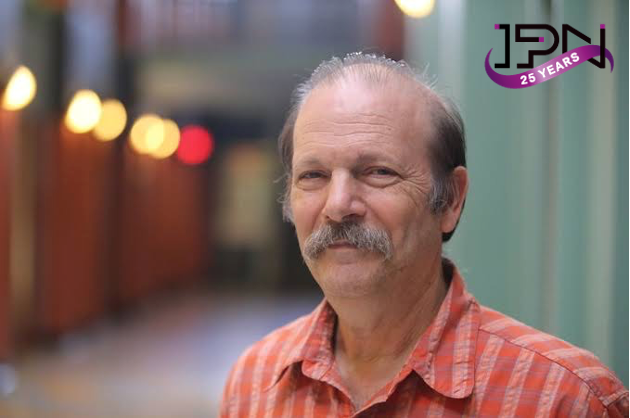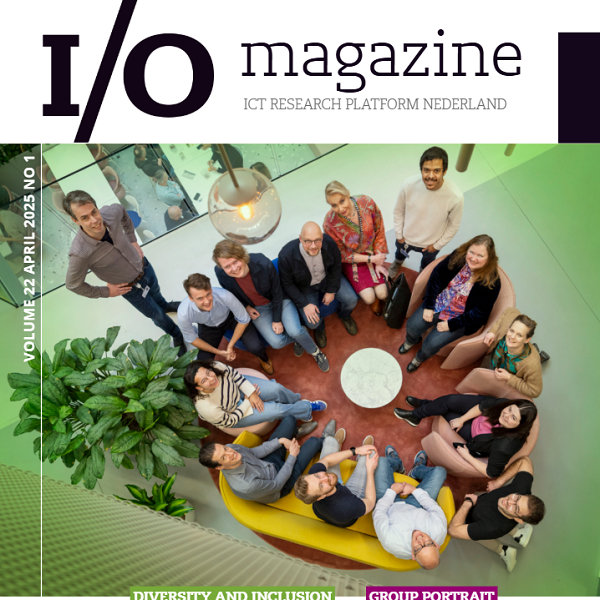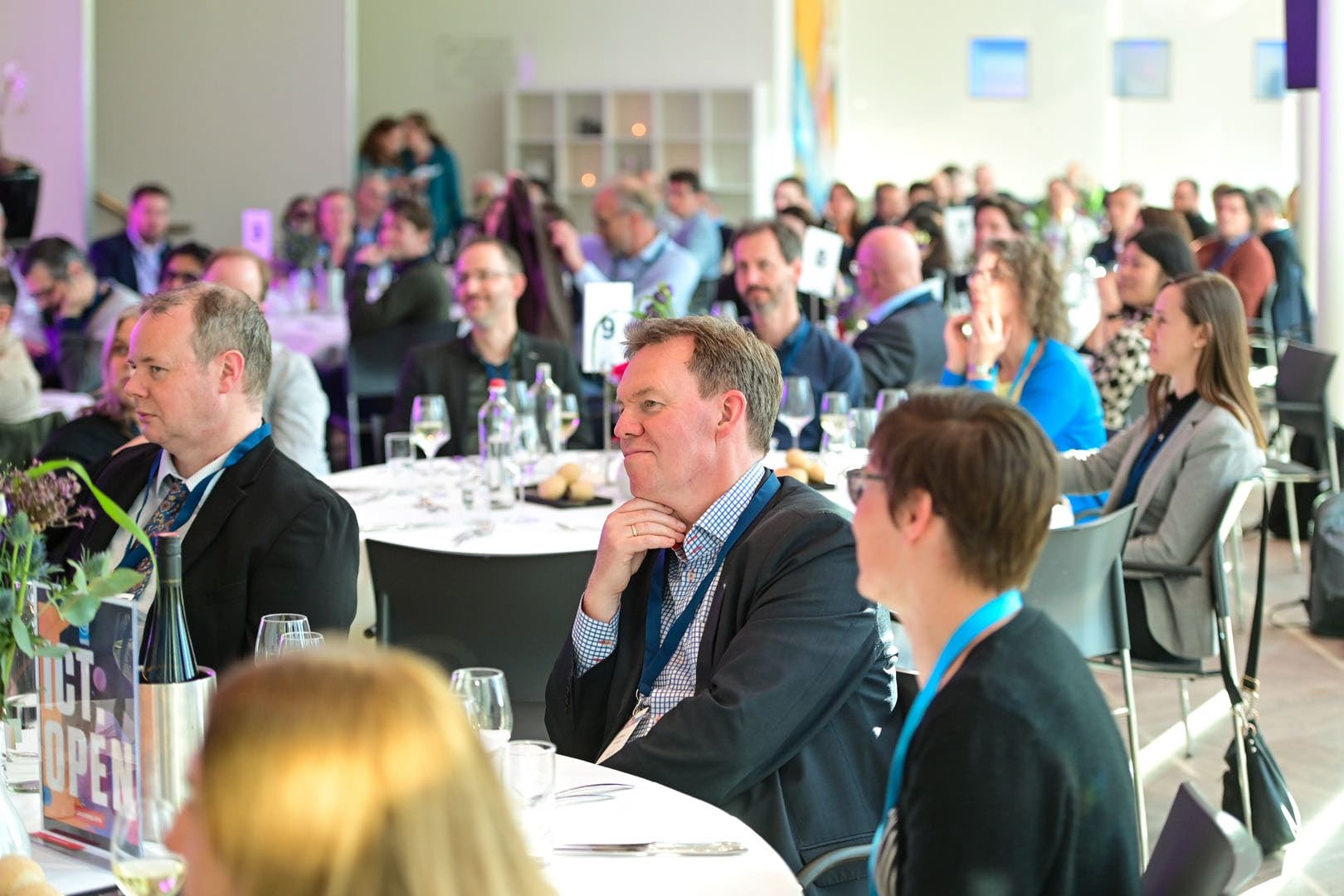Save-the-date announcement: The ICT research platform Netherlands (IPN) exists 25 years. During these 25 years, IPN has created a national community in the domain of ICT research, and it has developed policies and activities to advance the field.
To celebrate the achievements of 25 years IPN, we are organising a special, online series of colloquia in which world-renowned computer scientists give their view on the progress in, and future of the field of computer science. These colloquia wil feature thought-provoking presentations that are of interest to a broad (academic) computer science audience. Although these colloquia are initially aimed at the Dutch computer science community, they are open to interested people around the world!
The first colloquium
The first colloquium will take place on May 19, 2025, 16:00 – 17:00 (CEST). Professor Moshe Vardi (Rice University, USA) will talk about Efficiency, Resilience, and Artificial Intelligence. Details on how to connect to the online talk will follow soon.
Abstract
In both computer science and economics, efficiency is a cherished property. The field of algorithms is almost solely focused on their efficiency. The goal of AI research is to increase efficiency by reducing human labor. In economics, the main advantage of the free market is that it promises “economic efficiency”. A major lesson from many recent disasters is that both fields have over-emphasized efficiency and under-emphasized resilience. I argue that resilience is a more important property than efficiency, and discuss how the two fields can broaden their focus to make resilience a primary consideration. I will conclude by raising serious questions on the goal of the AI research program.





